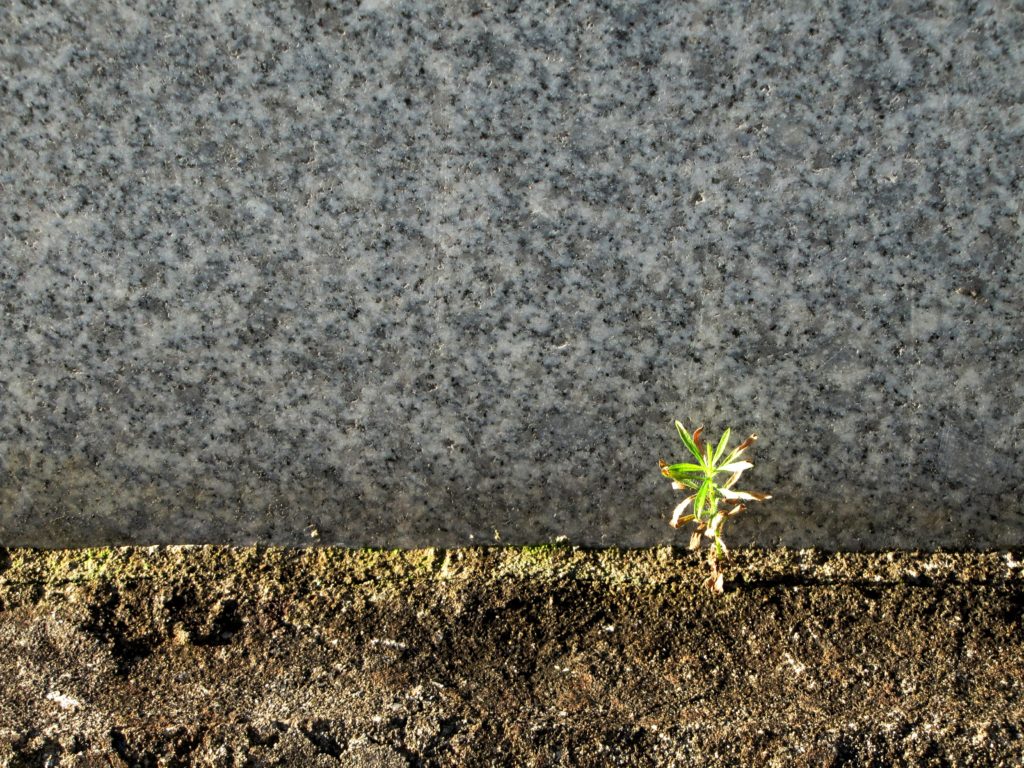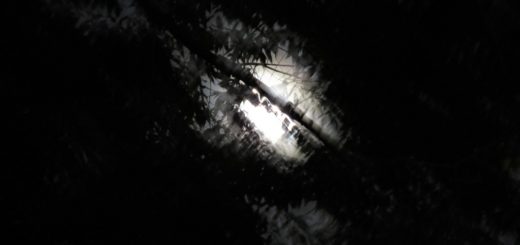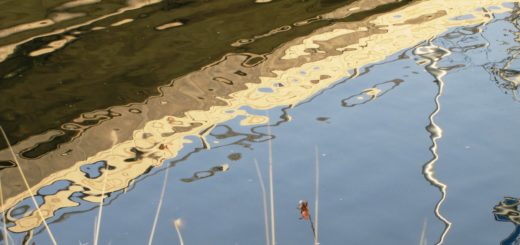Reflections on Living in the Midst of Things
Jesus put up with a lot of crap from government. If He could do it, we can too.
Richard Feynman: “Science is the belief in the ignorance of experts.”
In other words, the search for truth begins with the presumption, if not the firm belief, that the experts of the day do not know what they think they know.
An expert is a person who has decided, for whatever reasons of his own, to stop his investigations arbitrarily at Point B — and then to summarily declare that Point B is the final answer to something. He then spends the bulk of his time, and this defines the period of his “expertise,” desperately trying to resist all suggestions that there might be a Point C, i.e., that his stopping was not the result of conclusiveness, but of intellectual laziness — or worse, the forsaking of truth in favor of material success, fame, ephemeral power.
Is the longest life the best life? Is the stablest life the best life? Is the securest life the best life? Is the physically healthiest life the best life? Is the life most devoid of trial and risk the best life?
To answer yes to any or all of those questions is to subscribe to a view of existence that is not only different from life as conceived of by past eras of man, but perhaps from the tendency of all living things. It would be a grave distortion of the modern philosophical reduction of human motivation to “the desire for self-preservation” to assume that “preservation” means merely temporal prolongation, the bare continuance of something.
A self-preservation which defined away the “self” that was to be preserved — that is, the thinking, striving being in all its instability, fragility, independent activity, and fatality — would be the operation of a machine without a ghost. Such is the goal of late modern politics, which in turn means of late modern humanity.
To reject this goal is to reject the age. This means isolation, heightened discomfort, and most likely obscurity. In other words, it means turning the late modern notion of self-preservation on its head — focusing one’s life on being a living thing at all costs. Preserving the ghost, even as the machine closes in around you.
Clarification on health.– Health is indeed a proper and central concern of life. But health, contrary to the misconception of progressive nihilism, does not mean primarily the absence of discomfort or illness. Rather, health means robustness in the face of discomfort or illness. It means a high capacity for forbearance and resistance against the inevitable trials of living. It means, in a sense, the refusal to regard even death as much of an obstacle. Socrates’ last words, as he lost his material being to the hemlock: “Crito, we owe a cock to Asclepius; do not neglect to pay the debt.” Giving thanks to the god of medicine at the moment of death, he died in the state of health most proper to a man.



